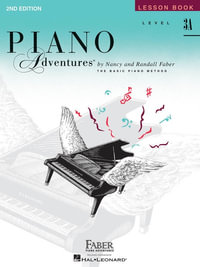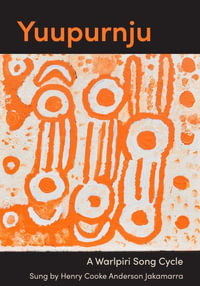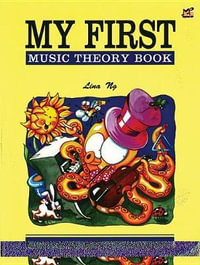In Local Fusions, author Barbara Rose Lange explores musical life in Hungary, Slovakia, and Austria between the end of the Cold War and the world financial crisis of 2008. With case studies from Budapest, Bratislava, and Vienna, the book looks at the ways that artists generated social commentary and tried new ways of working together as the political and economic atmosphere shifted during this time. Drawn from a variety of sources, the case studies illustrate how young musicians redefined a Central European history of elevating the arts by fusing poetry, local folk music, and other vernacular music with jazz, Asian music, art music, and electronic dance music. Their projects rejected exclusion based on ethnic background or gender prevalent in Central Europe's present far-right political movements, and instead embraced diverse modes of expression. Through this, the musicians asserted woman power, broadened masculinities, and declared affinity with regional minorities such as the
Romani people.
Industry Reviews
"I would certainly recommend this title to any library supporting ethnomusicology or popular music at any level. Additionally, this work would also appeal to those nterested in gender studies, history, and/or politics. The numerous case studies bring theory to life and offer much to consider in an environment that underwent significant political, social, and economic change. Lange provides unique insights on central Europe's changing musical landscape, as well
as how the Internet and changes in the music business impact musicians." -- Joe C. Clark, Kent State University, Fontes Artis Musicae
"offers a fine series of manageably sized case studies that explore complex issues and intricate developments in telling detail, and without recourse to jargon. Students of modern Central Europe and of relationships between music, politics, and gender will enjoy reading it very much." -- Christopher Goertzen, Journal of Folklore Research
"Local Fusions presents an impressive range of musical examples to depict the musical-philosophical ferment of a more optimistic time a time when the trajectory toward multiculturalism seemed inescapable. It is especially recommended for area studies scholars and all those who remain fascinated by the music of the ever-elusive "folk"." -- Matthew Knight, Ethnomusicology
























